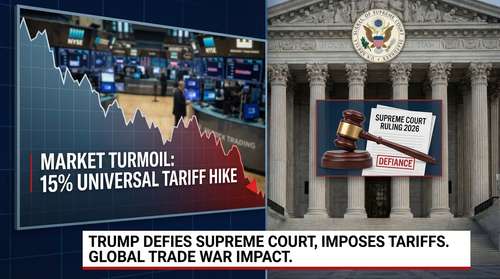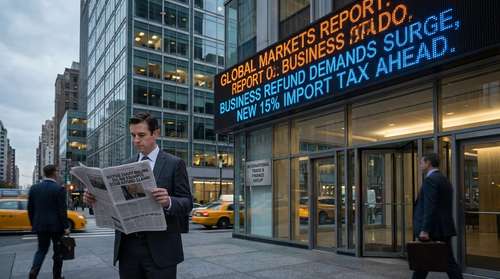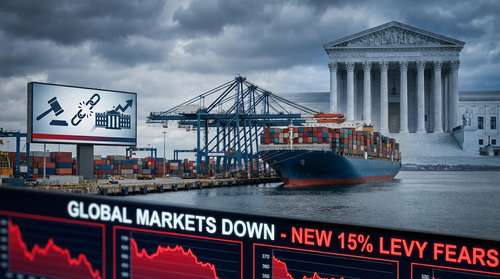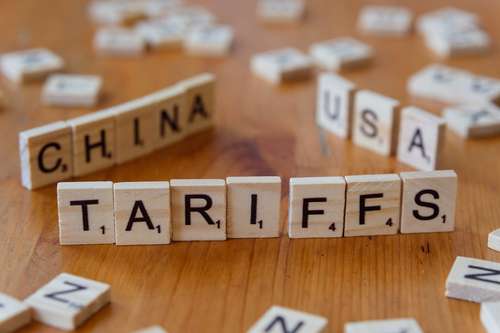Sri Lanka is on the verge of default as the grace period on two outstanding foreign bonds expires, the latest setback for a country beset by economic hardship and civil turmoil.
If the island government fails to make an interest payment to bondholders by May 18, when the 30-day grace period for missed coupons on dollar notes expires, it might be deemed in default. That would be the first time it defaulted.
Sri Lanka's government stated in mid-April that it would suspend repaying its foreign debt in order to save money for food and fuel imports as the country grappled with a dollar shortage that prompted officials to impose financial controls and import restrictions. S&P Global Ratings declared a selective default after it failed to service a $78 million coupon on its dollar notes due in 2023 and 2028.
"There will be a legal default if there is no agreement," said Carlos de Sousa, a money manager at Vontobel Asset Management in Zurich. "It matters legally." However, because Sri Lanka is already technically in default, the price impact of such an event is unlikely to be considerable."

Sri Lankan dollar notes due in 2029 fell 1.2 percent to 38.7 cents on the dollar on Monday, following hitting an all-time low of 37 cents last week, according to Bloomberg's indicative pricing data.
According to JPMorgan Chase & Co., the premium investors pay for holding the notes over US Treasury bonds is 37 percentage points. That's a lot more than the 1,000-basis-point threshold for being distressed.
While investors anticipate a default, it has significant consequences. Many of Sri Lanka's bonds feature so-called cross-default clauses, which cause all of the country's outstanding dollar debt to default if a single bond is missed. The condition applies to debts due in 2023 and 2028 if any payment that exceeds $25 million is not met.
"Most bondholders who are reluctant or unable to retain distressed notes should have cleaned out by this point," Patrick Curran, a senior economist at Tellimer, said.
Power outages, food shortages, and a depreciating currency have shaken Sri Lanka, sparking protests and forcing Prime Minister Mahinda Rajapaksa to quit. President Gotabaya Rajapaksa's brother, President Gotabhaya Rajapaksa, selected a long-time foe to lead the government this week in an attempt to restore some stability to the country amid bailout talks with the International Monetary Fund.
The country had yet to name a finance minister as of Sunday night. If political stability does not return soon, the central bank governor has vowed to resign. On May 19, the monetary authority will review policy.
"The prime minister's resignation was much-needed," said Dean Tyler, BancTrust's global markets head in London, who estimates the notes' recovery value to be between 35 and 45 cents per dollar. "Hopefully, the air will begin to clear, and the streets will begin to clear."

Sri Lanka's central bank governor announced on Thursday that the country's debts had been "pre-emptively defaulted" after a 30-day grace period for missed interest payments on two of its sovereign bonds expired, marking the first default by an Asia-Pacific nation this century, according to credit rating agency Moody's.
Sri Lanka announced last month that it would stop repaying its international loans in order to preserve its decreasing foreign currency reserves, which are necessary for importing critical raw resources from other countries.
As other low- and middle-income nations deal with runaway inflation and supply disruptions, International Monetary Fund economists fear that Sri Lanka will be the first in a wave of defaults.
After months of protests that included violent, fatal riots on the streets of the capital, Prime Minister Mahinda Rajapaksa resigned after the country's worst economic crisis since independence in 1948.
Inflation in Sri Lanka is predicted to reach about 40% in the next months, after reaching nearly 30% in April, with food prices rising by roughly 50% in the last year. The Sri Lankan rupee has lost 45 percent of its value against the US dollar since the central bank stopped defending it in early March, at a time when the US dollar has risen sharply in value on foreign exchange markets as the US Federal Reserve raises interest rates in response to rising inflationary pressures.




